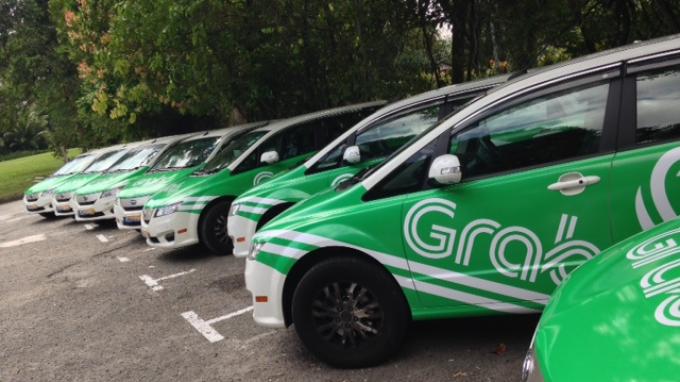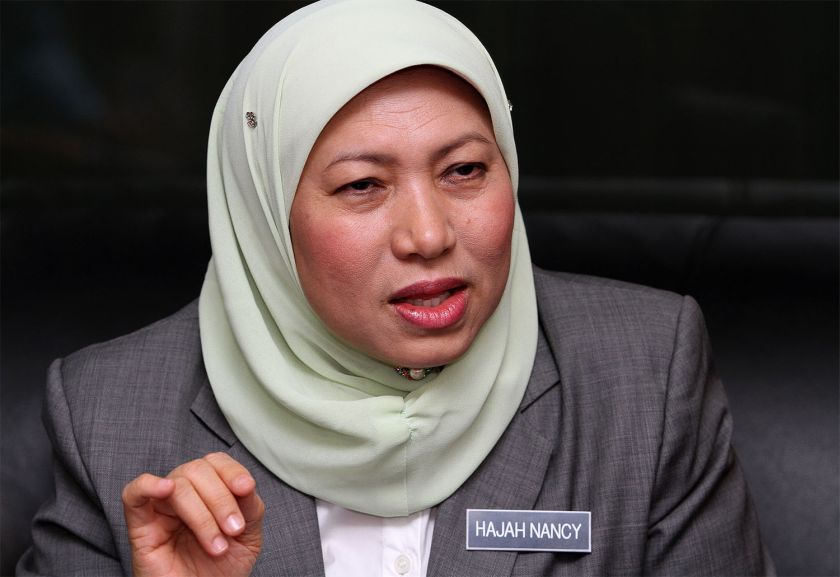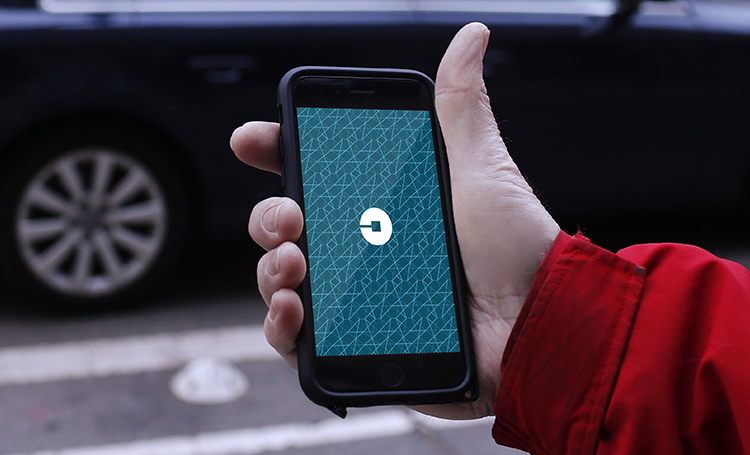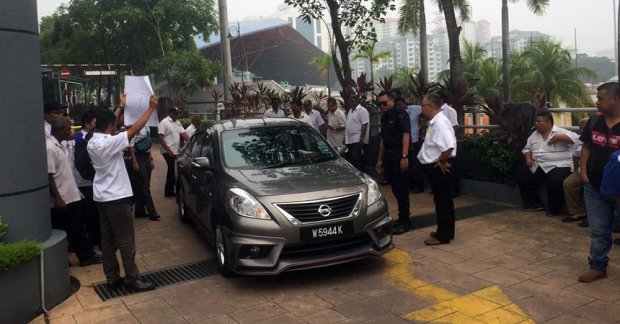Grab And Uber Are Now Legal In Malaysia. Here's How It Will Affect Their Drivers
The amendments to the Land Public Transport Act 2010 and the Commercial Vehicles Licensing Board Act 1987 to regulate e-hailing services have been tabled and passed by the Dewan Rakyat.
It's official - Grab and Uber are now legal businesses in Malaysia.
Amendments were passed to the Land Public Transport Bill 2017 and the Commercial Vehicles Licencing Board Act Bill 2017 in the Dewan Rakyat on 27 July.
The amendments will need to be passed in Dewan Negara and get the Royal Assent before it can be gazetted and enforced.
"This is the first step to bring e-hailing services under proper regulatory control, this means the world is watching us. Until today, no other country has managed to legislate e-hailing services," Minister in the Prime Minister's Department, Datuk Seri Nancy Shukri told Bernama.
The passing of the amendments will give the government full authority to regulate and monitor e-hailing services
"This is the first time e-hailing services are regulated, meaning that all eyes are on us now. So far, no other country has implemented monitoring on e-hailing. However, to carry out enforcement on the services, it must first be monitored,” she added.
To operate legally, e-hailing operators will be required to acquire an individual business permit issued by either the Land Public Transport Commission (SPAD) for Peninsular Malaysia or Commercial Vehicles Licensing Board (CVLB) for Sabah and Sarawak.
According to The Star Online, the licenses are renewable but operators will not be able to transfer or reassign them.
As for e-hailing drivers, they will need to undergo a special screening process before a driver's card can be issued to them
Free Malaysia Today reported that operators are required to pass the identification of their drivers to the SPAD to allow criminal checks to be carried out before they are hired.
Besides that, e-hailing drivers will subject to the same health and vehicle checks that taxi drivers currently undergo.
“Currently, taxi drivers are subject to health checks, periodical vehicle checks, and requirement for insurance protection. These will also be applied to e-hailing drivers,” said Nancy.
When the new law comes into effect, operators, drivers, and passengers using e-hailing services can make official reports and complaints to the SPAD and CVLB respectively
SPAD will also generate a data bank of the taxi and e-hailing drivers for monitoring purposes.
Lastly, the amendments will make it an offence for any person to assault, hinder or obstruct those involved in the business of e-hailing services
Taxi drivers surrounding a Grab driver outside the SPAD headquarters in Kelana Jaya, 30 September 2015.
Image via Malay Mail OnlineThose who commit the offence will be fined up to RM1,000 or jailed up to three months, or both, upon conviction.




